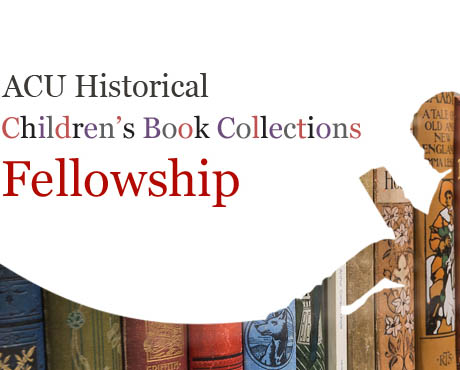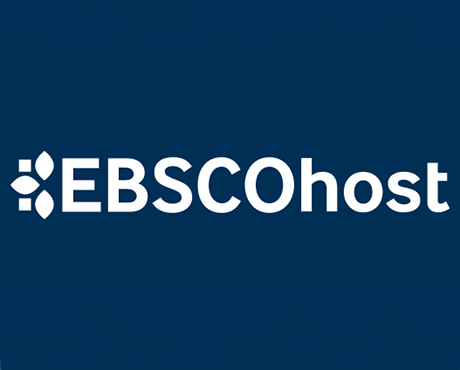
Have you visited Viva Engage yet?
News 16 DecemberViva Engage is here. Access it easily via Microsoft Teams.
27 July 2022
Share
A basic search for empirical evidence on higher education teaching practices will return over four million articles, but even if you could read them all, how would you determine which were the best to use to inform your practices? A challenge we face in higher education is knowing which information is reliable and which is biased when faced with an abundance of information.
Using reliable information to inform our decisions can spell powerful implications for students. An example of this is knowing the best-available evidence which supports video-based learning, to help us prepare online lesson content for student learning.
But how do we know what’s reliable and what’s biased? How do we find this information? How do we interpret it? And how do we apply it?
To answer these questions and help us make informed decisions, the Centre for Education and Innovation (CEI) are offering staff the opportunity to complete a micro-credential (a five-credit point unit) focusing on evidence-based practices in higher education teaching as prepared by the INSPIRE group.
You might undertake this learning if you’re interested to know the evidence behind specific higher education teaching practices, get answers to questions about teaching that bug you, or build confidence about the decisions you’re making in your ‘classroom’.
What: UNMC581 – What works in higher education: Evidence-based practices in the ‘classroom’
When: Content will be delivered across Weeks 4-9 of Semester 2 (week starting Monday 15 August)
How: About one hour of asynchronous online content and another hour of synchronous online content each week (two hours each week, along with assessment preparation)
If you wish to express interest in this opportunity, complete the online form via the INSPIRE webpage. If you have more questions, please email John Mahoney.

Viva Engage is here. Access it easily via Microsoft Teams.

A message from Interim Executive Dean, Faculty of Education and Arts, Professor Phil Parker

The library is supporting the ACU Historical Children’s Book Collections 2025 Fellowship. It is an opportunity to conduct research on our historical collection of children’s books, located at St Patri...

A new Adjunct and Honorary Titles Policy and Procedure has been approved and is now in effect at ACU.

Advance your career in teaching and learning with the Graduate Certificate in Higher Education. Enrol by 22 June to get started in Professional Term 5.

Include an additional survey item in the Student Evaluation of Learning and Teaching (SELT) survey for units that are offered in ACU Online Term 2 (202536).

On 24 June ACU will transition to the new EBSCOhost. This will result in a new look and feel across some of our most popular databases. Learn more about the changes and what action may be required of ...

Teaching staff are encouraged to check their units have been correctly linked to their names for the Student Evaluation of Learning and Teaching (SELT) surveys in upcoming teaching periods.

Please be aware of the following changes to payroll processing dates.

ACU has three student modules: the Academic Integrity, Respectful Relationships, and Protecting our Children modules. Semester 1 students must complete their modules by 1 July to access their results ...

As part of Student Administration's commitment to service excellence, AskACU will be running on-campus re-enrolment drop-in sessions in July, while CMAS enhancements will improve information available...

The Student News and Events bulletin is sent to all students, nationally, and includes a broad cross-section of news, announcements, events and stories from across the university. The May edition is o...

A message from the Chief Operating Officer Patrick Woods.

Register for these 15-minute sessions to learn more about the variety of online researcher profile platforms and what is involved in setting up, linking and updating your profile.

Lecturers-in-charge can make a direct determination of Poor Academic Practice (PAP) for students who engage in minor forms of academic misconduct. Learn why they can be valuable to staff and students.

A reminder to all academic staff that the mandatory Notice of Intent, for those intending to apply for promotion in the 2025 round, must be submitted by 11.59pm this Friday (30 May).

ACU is developing a new Education and Student Success Plan to ensure our university continues to provide a high-quality, student-centred learning experience. Find out how you can contribute to the pla...

Expect a few email notifications as we prepare to welcome you to Viva Engage next week.

Include an additional survey item in the Student Evaluation of Learning and Teaching (SELT) survey for units that are offered in Professional Term 4 (202547).

An update from the Executive Dean of Law and Business Professor Andrew O'Neil.
Visit Service Central to access Corporate Services.